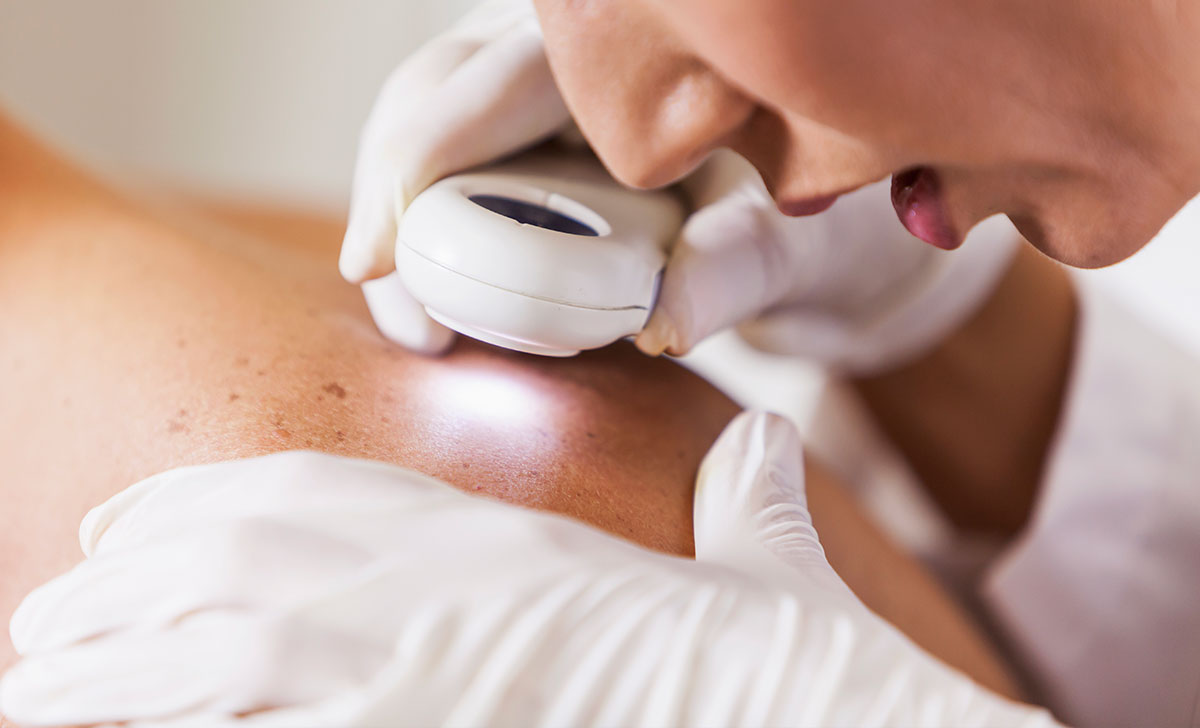Dermatologists in Germany have identified what could be a crucial link between acne and a deficit of omega-3 fatty acids. The findings, released during the European Academy of Dermatology and Venereology (EADV) Spring Symposium, could offer new opportunities for managing a condition estimated to affect nearly 23 million people in Europe.
The team behind the research, based at the Department of Dermatology and Allergy in Munich, studied 100 patients diagnosed with acne and by measuring nutritional parameters in their blood, found that 94 per cent of the patients had below-recommended levels (8-to-11 per cent) of omega-3 fatty acids.
They also investigated the patients’ diet and found that those who said they regularly consumed pulses, such as chickpeas and lentils, as well as abstaining from sunflower oil, had higher levels of the key fatty acid.
The dermatology team behind the research has called for healthcare professionals to ask about dietary habits with acne patients when discussing diagnosis and treatment for their condition.
“Nutrition plays a pivotal role in the prevention, onset, and course of many diseases, including dermatologic disorders such as acne vulgaris,” said Dr Anne Gürtler, Lead author from the team at the Department of Dermatology and Allergy at Ludwig-Maximilian University, Munich, Germany.
“As part of a modern treatment approach, clinicians should provide patients with information on how their choice of diet might impact their dermatologic diagnosis and could potentially enhance therapeutic outcomes.
“For years, a negative impact for acne vulgaris has been attributed to a Western diet due to its direct effects on IGF-1 levels. Preventive [steps] and therapy accompanying nutritional measures, however, have not yet been sufficiently addressed. In this regard, omega-3 (?-3) fatty acids (FA) appear most promising due to their anti-inflammatory effects.”
Omega-3 fatty acids, found in food such as legumes, algae, nuts, seeds, non-farmed fish like wild salmon and sardines, reduce inflammation by stimulating the production of anti-inflammatory prostaglandins E1 and E3, and leukotriene B5. They also lower levels of the insulin-like growth factor (IGF) – 1, the central hormone which induces acne, said the authors.
In the study, patients with omega-3 levels lower than 8 per cent showed higher IGF-1 levels, compared to patients without a deficit of this nutrient.
When the patients were subdivided into groups with a severe deficit of lower than 4 per cent, levels of the acne-inducing hormone increased even further.
“To determine an effect that a supplement may have, baseline levels need first to be investigated to evaluate whether real deficiencies exist,” says Dr Gürtler.
“The objective of the present study was to explore acne patients’ ?-3-FA blood levels in erythrocytes (red blood cells) and correlate them with the clinical severity of the disease and patients’ dietary habits. While data presents a tendency toward ?-3-FA deficit in the general population, our study outlines aggravation in acne patients. The results of this study might serve as a basis for future interventional trials.”
The EADV’s Burden of Skin Diseases study found 5.4 per cent of adults surveyed in 27 European countries suffered from acne. If this figure is extrapolated across the whole population of these countries, it indicates 22,870,000 people, the majority of them women, are affected.







